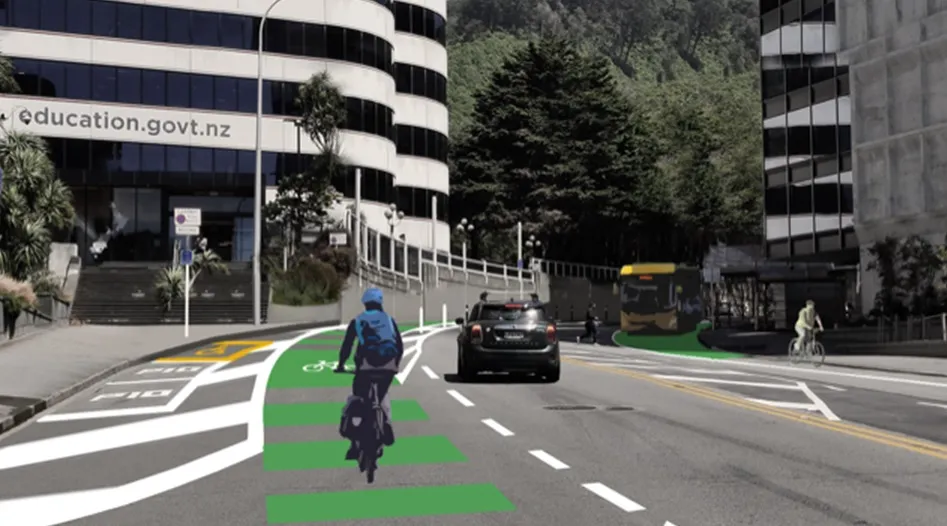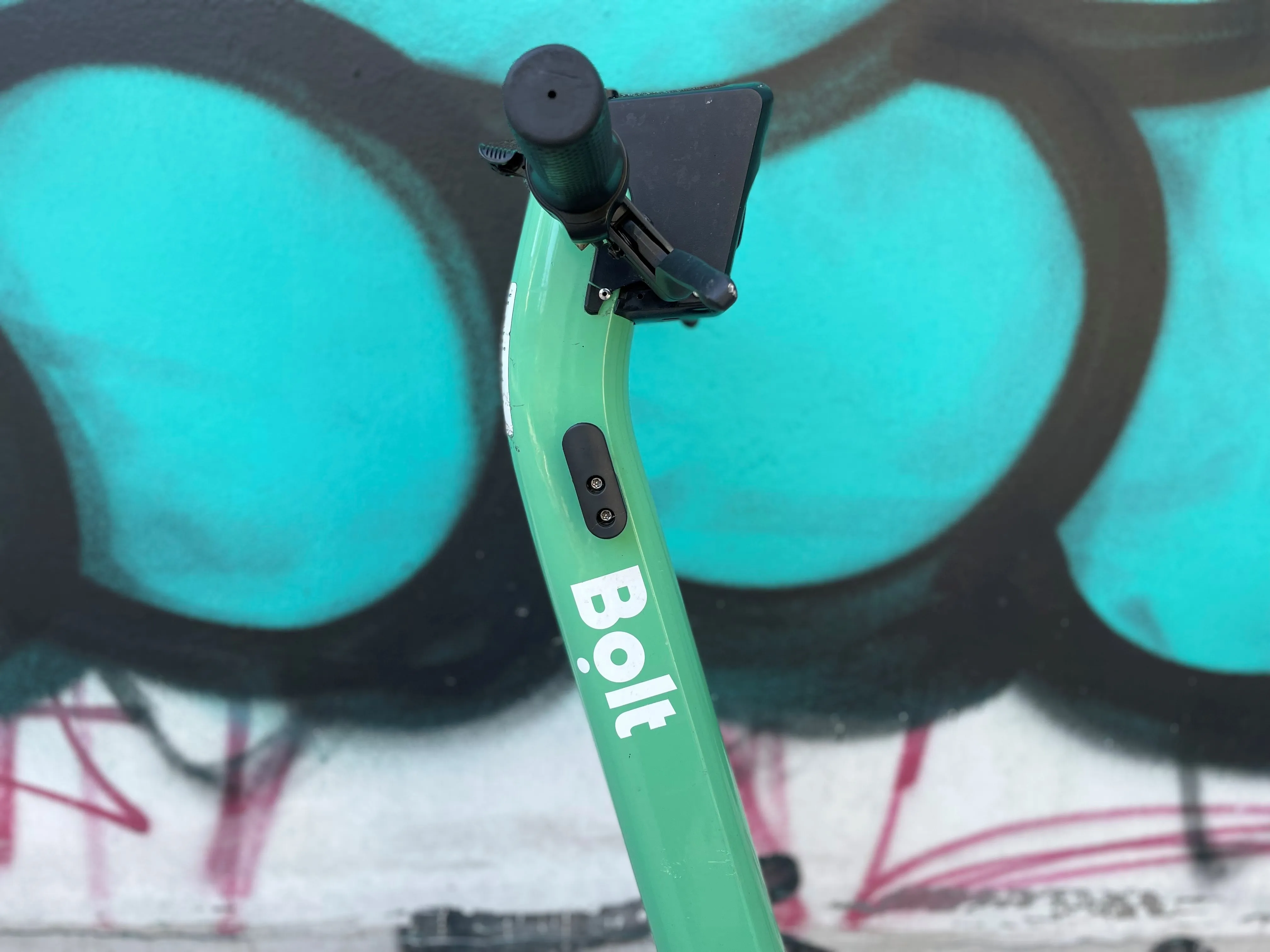
Wellington City Council in New Zealand is to deliver two transitional bike and bus routes that will make it safer to get around the city.
The council says the new suburb to city connections will make it easier to get into the city from Newtown via Adelaide Road and Kent and Cambridge Terraces, and from the Wellington Botanic Garden ki Paekākā via Bowen and Whitmore streets.
Last year, the council agreed in the 2021-2031 Long-Term Plan to accelerate the development of a safe, connected bike network.
Baseline survey results show that 44% of respondents had experienced a near miss or been involved with a crash on the Botanic Garden route; an issue that was also echoed by 55% of respondents on the Newtown route.
The new designs include a safe connected cycling route from Mein Street in Newtown to the Waterfront and an uphill bike lane on Bowen Street and shared downhill bike and bus lane connecting with bike lanes on both sides of Whitmore Street.
They also include 24/7 bus lanes on Adelaide Road and Bowen Street and better bus lanes on Kent and Cambridge Terrace operating more of the time.
The council says people in Wellington have been asking for better transport options for years as well as action on climate change.
In response, the council updated the city's bike network plan Paneke Pōneke, which is connected to a programme that seeks to move more people with fewer vehicles called Let’s Get Wellington Moving programme (LGWM).
The interim changes will integrate with other projects in the programme. For example, the Bowen Street changes will include upgrading The Terrace intersection as part of the LGWM Central City Walking Improvements project.
Councillor Iona Pannett, chair of Pūroro Āmua – the council’s planning and environment committee – says feedback received on Paneke Pōneke showed 87% support or strongly support the plan.
“The Committee will consider and make final decisions on the network plan in March,” she says.
“Council acknowledges that some of these changes will be challenging for businesses. We are working intensively with a number of business owners to understand their specific needs and will be doing everything possible to respond to their feedback.”
The project team will be working through final operational issues over the next few months and then engaging more broadly with the community once the interim routes are in place.
The interim bike and bus lane improvements are expected to provide an opportunity to collect data, which will help inform decisions about permanent upgrades in the future.
Work on the Newtown to city route is scheduled to happen from April to July, while the Botanic Garden ki Paekākā route will follow from July to September. There will also be some preparatory work happening on both routes from early March.
The designs can be found online here. Feedback on how people are finding the routes and what needs to be adjusted will be welcome once they are in place.









